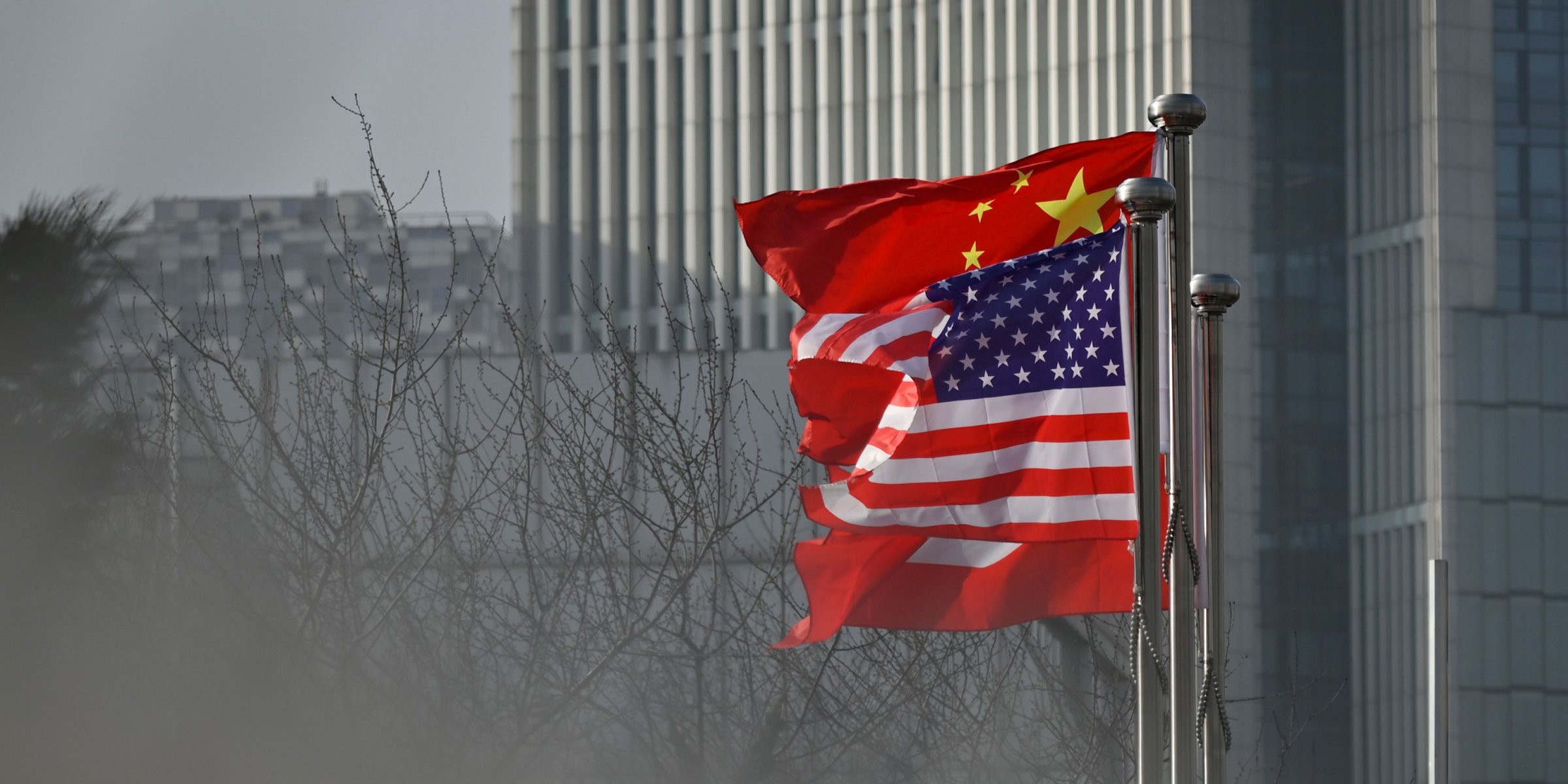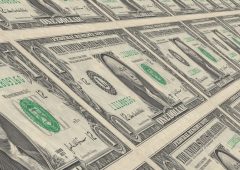China Fires Back at Trump’s Tariff Threat, Warns of Global Consequences
26.11.2024 17:30 1 min. read Alexander Stefanov
China has strongly criticized President Trump’s threat to impose a 10% tariff on all Chinese imports, warning of significant consequences for both nations and the global economy.
The Chinese Embassy in Washington stressed that trade cooperation benefits both countries and that no one wins in a trade war. Trump insists that the tariffs will stay until China takes more action to stop the flow of fentanyl into the U.S., but China rejected the accusation, stating it has made progress in combating drug trafficking.
The fentanyl issue, long a point of contention, has led to joint efforts between the U.S. and China to curb trafficking. Despite progress, Trump remains unsatisfied, demanding harsher penalties for traffickers.
Meanwhile, China’s economy, already under strain, faces further pressure from the proposed tariffs. Beijing is cautious, waiting to see how Trump’s policies unfold before determining its next move.
Rather than direct retaliation, China is focusing on strengthening trade ties with other countries to counter U.S. policies. President Xi has warned against a new cold war, stressing that efforts to contain China will fail.
This trade dispute reflects deeper geopolitical tensions, with the U.S. taking steps to limit China’s global influence, especially in technology and military matters. Despite these challenges, China has avoided involvement in U.S. domestic politics, instead highlighting that actions against it will only spur China’s determination to move forward.
-
1
U.S. PCE Inflation Rises for First Time Since February, Fed Rate Cut Likely Delayed
27.06.2025 18:00 1 min. read -
2
Key U.S. Economic Events to Watch Next Week
06.07.2025 19:00 2 min. read -
3
Gold Beats U.S. Stock Market Over 25 Years, Even With Dividends Included
13.07.2025 15:00 1 min. read -
4
U.S. Announces Sweeping New Tariffs on 30+ Countries
12.07.2025 16:30 2 min. read -
5
US Inflation Heats Up in June, Fueling Uncertainty Around Fed Cuts
15.07.2025 16:15 2 min. read
US Inflation Heats Up in June, Fueling Uncertainty Around Fed Cuts
U.S. inflation accelerated in June, dealing a potential setback to expectations of imminent Federal Reserve rate cuts.
Gold Beats U.S. Stock Market Over 25 Years, Even With Dividends Included
In a surprising long-term performance shift, gold has officially outpaced the U.S. stock market over the past 25 years—dividends included.
U.S. Announces Sweeping New Tariffs on 30+ Countries
The United States has rolled out a broad set of new import tariffs this week, targeting over 30 countries and economic blocs in a sharp escalation of its trade protection measures, according to list from WatcherGuru.
Key U.S. Economic Events to Watch Next Week
After a week of record-setting gains in U.S. markets, investors are shifting focus to a quieter yet crucial stretch of macroeconomic developments.
-
1
U.S. PCE Inflation Rises for First Time Since February, Fed Rate Cut Likely Delayed
27.06.2025 18:00 1 min. read -
2
Key U.S. Economic Events to Watch Next Week
06.07.2025 19:00 2 min. read -
3
Gold Beats U.S. Stock Market Over 25 Years, Even With Dividends Included
13.07.2025 15:00 1 min. read -
4
U.S. Announces Sweeping New Tariffs on 30+ Countries
12.07.2025 16:30 2 min. read -
5
US Inflation Heats Up in June, Fueling Uncertainty Around Fed Cuts
15.07.2025 16:15 2 min. read


